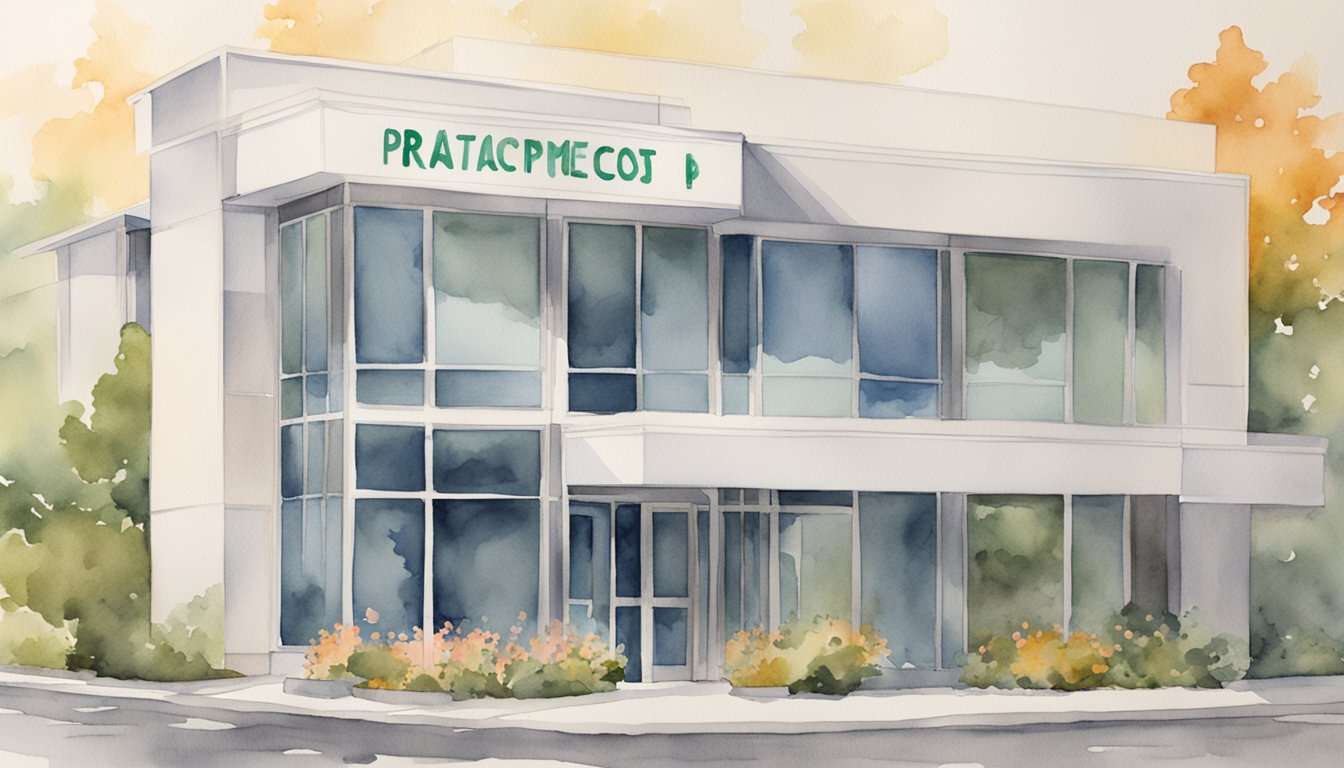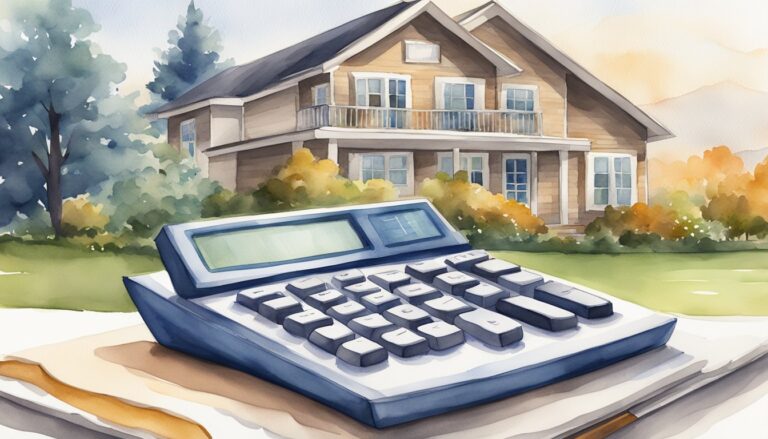Understanding Replacement Cost
![A calculator shows the value of [Keyword] Replacement Cost.</p><p>A house is in the background, symbolizing the property being insured](https://insuranceglossary.net/wp-content/uploads/2025/03/v2-dch4l-kbsc3.jpg)
Replacement cost is the amount to replace an asset with a new one of similar kind and quality.
For instance, if your roof is damaged, the cost to buy and install a new one of the same quality is its replacement cost.
It doesn’t consider depreciation.
Actual Cash Value (ACV)
- ACV considers both the age and wear of an item.
- It calculates the value of an asset by subtracting depreciation from the replacement cost.
Insurance Policy
- When you buy a homeowners insurance policy, it’s important to know if it covers replacement cost or actual cash value.
- Replacement Cost Policy: Covers the full cost of repairing or replacing an item without factoring in depreciation.
- ACV Policy: Payout considers the item’s age and depreciation.
Deductible and Extended Coverage
- A deductible is the amount you pay before your insurance helps.
- You might also opt for extended replacement cost, which covers costs beyond the policy limit, typically 10% to 50% more than the insured amount.
Materials and Rebuilding
- Replacing your building with materials of similar quality ensures your property is restored to its original state.
- This can significantly impact whether your policy covers just cash value or full costs.
Understanding these aspects helps ensure you get fair compensation from your insurance company when a loss happens.
Replacement Cost in Practice

When insuring property, replacement cost coverage is crucial.
This type of coverage ensures that in the event of loss, you can rebuild or replace your property without worrying about depreciation.
Replacement cost value (RCV) refers to the amount needed to replace or rebuild property, including labor and materials.
Guaranteed replacement cost goes a step further, covering costs even if they exceed your policy limit.
Personal property such as furniture and appliances are often covered under replacement cost policies.
Your personal property coverage ensures these items can be replaced at today’s prices.
Insurance companies typically offer two types of coverage levels:
- Replacement Cost (RC)
- Actual Cash Value (ACV)
| Coverage Type | Description |
|---|---|
| Replacement Cost | Pays to replace at current market prices |
| Actual Cash Value | Pays current value minus depreciation |
When considering professional liability insurance, it’s essential to check whether replacement cost terms apply, especially for business assets.
Your policy might include replacement cost value for the structure and an additional rider for personal items. Personal property coverage ensures both structural and personal assets are accounted for in claims.
If you have primary insurance for your home, ensure it covers replacement cost to avoid out-of-pocket expenses.
This guarantees that your property can be rebuilt to the same standard as before the loss.
In summary, understanding and choosing the right replacement cost coverage is essential for ensuring complete protection and peace of mind.
Related Terms
Replacement Cost (RC): This is the cost to replace an asset at the same or equal value.
It’s often used in home insurance to determine how much you’ll be paid if your property is damaged or destroyed.
Dwelling Coverage: This term refers to the insurance that covers the structure of your home.
It does not cover personal belongings inside the home.
Guaranteed Replacement Cost Coverage: This type of coverage ensures that you can rebuild your home even if the replacement cost exceeds your policy limits.
Extended Replacement Cost Coverage: This coverage provides an additional layer of protection.
It extends beyond your dwelling coverage limit to cover unexpected increases in construction costs.
Actual Cash Value (ACV): Unlike replacement cost, ACV considers depreciation.
It’s important to understand this difference when assessing your coverage limits.
Salvage Value: This is what an asset is worth after it can no longer serve its original purpose.
In insurance terms, this value is used to determine how much you’ll be reimbursed.
Learn more about salvage value.
Asset: Any resource owned by an individual or entity.
In the context of insurance, assets can be homes, cars, or other valuable items.
Finance and Budget: Understanding your financial situation and budgeting for insurance premiums is crucial.
It helps ensure that you maintain adequate coverage for your assets.
Using these terms properly helps in getting the right insurance coverage for your needs.
Frequently Asked Questions
This section addresses common questions about the replacement cost in the insurance industry.
You’ll learn definitions, examples, formulas, and differences between replacement cost and actual cash value.
How do you define replacement cost in insurance terms?
Replacement cost is the amount it would take to replace or rebuild your property with similar materials and quality.
It doesn’t consider depreciation.
Can you provide examples where replacement cost is applicable in real estate transactions?
Replacement cost is used in real estate to determine the insurance needed to rebuild a home after a disaster.
For instance, if a home is destroyed by a fire, the replacement cost would cover rebuilding it with similar materials.
What is the formula used to calculate replacement cost for assets?
The formula for calculating replacement cost for an asset involves multiplying the unit cost by the total number of units required.
For example, if replacing a roof costs $4 per square foot, and your roof is 2,500 square feet, the replacement cost is $10,000.
How does replacement cost differ from actual cash value in accounting?
Replacement cost differs from actual cash value (ACV) because ACV factors in depreciation.
While replacement cost covers the expense of new materials, ACV pays the depreciated value of the asset, which is often lower than its replacement cost.
What factors are considered when calculating car replacement costs?
When calculating car replacement costs, insurers consider the make, model, and year of the vehicle.
They also look at the cost of parts and labor to replace or repair the vehicle to its pre-damage condition.
What tools are available to estimate the replacement cost of a property?
Several tools help estimate the replacement cost of a property.
Online calculators and software used by insurance companies consider factors like the home’s size, construction materials, and location.
One example is the replacement cost estimator used in the insurance industry.






